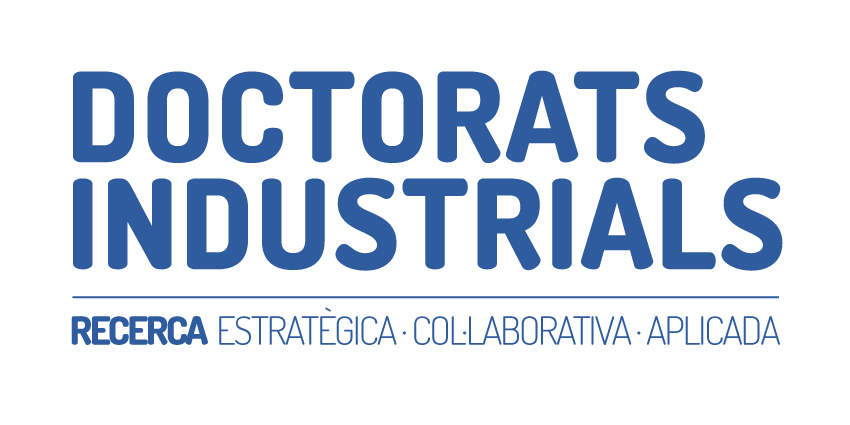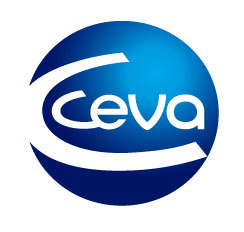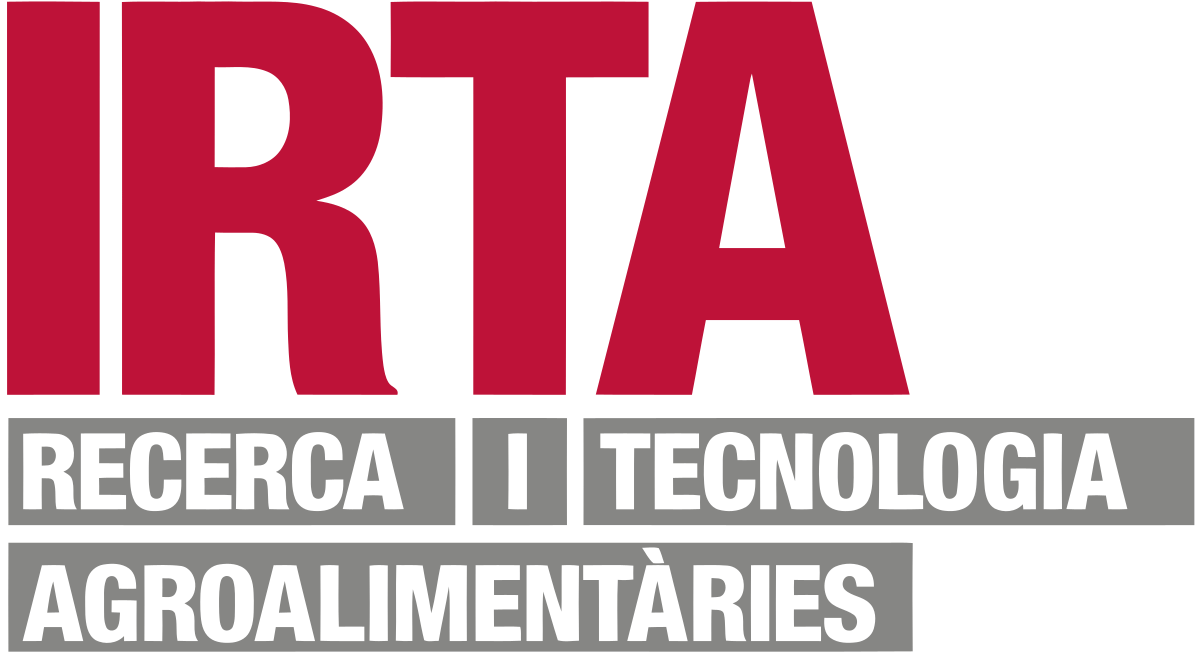Descripció del projecte
Porcine circovirus 2 (PCV-2) is one of the main pathogens affecting swine worldwide. Since the advent of the first PCV-2 vaccines more than 13 years ago, these products are the most used ones in domestic swine, to the point that most pig producing countries have a vaccination rate of 90% or higher. These vaccine products are considered very efficient, but in recent years a slight increase in the number of PCV-2-systemic disease (formerly known as postweaning multisystemic wasting syndrome) cases occurred. This is probably explained by the epidemiological change that PCV-2 experienced due to the systematic vaccination pressure, since viral infection pressure diminished to the point that breeding stock cannot provide sufficient protection to the piglets (low levels of maternally derived immunity [MDI]). In consequence, infection at early ages, sometimes before vaccination, resulted in new cases of disease. In contrast, vaccination of sows and gilts may cause very high levels of MDI which may jeopardize the correct uptake of the vaccine. Therefore, two major scenarios (too low MDI combined with early infections and too high MDI able to interfere in vaccine efficacy) have been generated in the last few years, and the need to re-schedule vaccination timing is becoming a major challenge for producers. Therefore, refining the timing of vaccination in face of the level of MDI is nowadays an important technical and scientific objective to obtain the best efficiency of PCV-2 vaccines.
Importantly, IRTA-CReSA research group counts with 23 years of experience working with porcine circoviruses (mainly with PCV-2), with many partners across Europe (including Ceva). On the other hand, Ceva is a is one of the world’s largest producer of medicine and vaccine products for pets and livestock, and one of the few companies worldwide commercializing a vaccine against PCV-2. Ceva is focused on continuously innovating to develop animal health solutions that meet the needs of those who raise and care for animals, and it is compulsory to be aware about new potential emerging diseases and infections affecting livestock and, particularly, swine.
Taking into account the abovementioned scenarios regarding the balance between MDI, and timing of natural infection and vaccination, the objective of the present industrial doctorate proposal is to develop a protocol based on laboratory tools to ascertain the most efficient time of vaccination to prevent losses associated to PCV-2 infection. Specific proposals include to ascertain the level of MDI able to be overcome by Circovac® (PCV-2 vaccine owned by Ceva) under natural and experimental settings, as well as to explore the best vaccination timing of sows to create the best immunity balance to ensure the proper efficacy of PCV-2 vaccination in the piglet. The specific expected outcome of this industrial doctorate is the elaboration of a strategy of piglet and sow PCV-2 vaccination based on laboratory tools that maximizes the efficiency of such vaccination.



